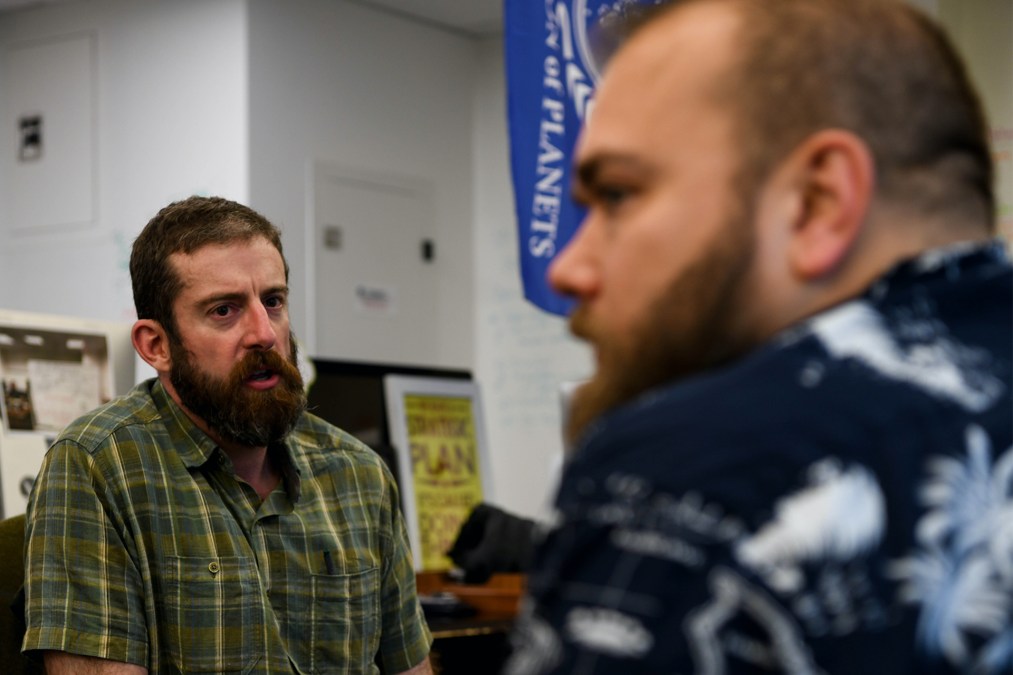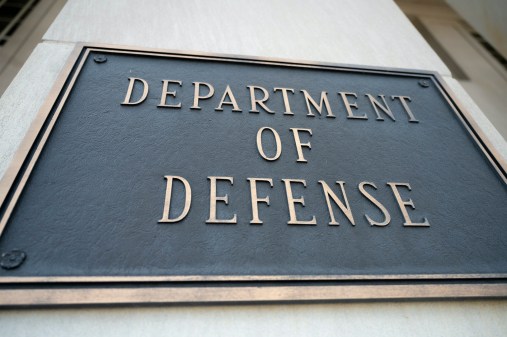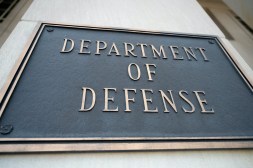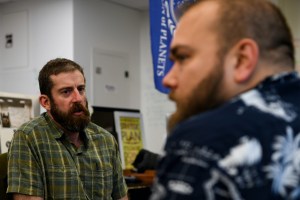Brett Goldstein to step down as Defense Digital Service director in June

The Pentagon’s “SWAT team of nerds” will lose its head nerd next month as Brett Goldstein cycles out of his job as director of Defense Digital Service.
Katie Olson, the current deputy director, will be elevated to acting head of the organization that places technologists on “tours of duty” in the Pentagon.
Goldstein came to the role with a mix of public sector and private industry experience, being an early employee of restaurant reservation site OpenTable. He also served in government before that, working as the chief data officer and chief information officer of the City of Chicago.
Goldstein served as head of DDS for two years. During those two years, he oversaw an expansion of DDS’s work and its response to the coronavirus pandemic. He now plans to take up a position as a consultant on cybersecurity and emerging technology to the DOD, according to POLITICO, which first reported his departure.
Goldstein oversaw a transformation of DDS from a startup bursting with new ideas to an organization trying to sustain its growth. He was the second director, replacing Chris Lynch who stepped down after four years of work in the Pentagon in 2019. Lynch left and founded his own defense contracting firm, taking many DDS employees with him.
Upon Lynch’s departure, Goldstein worked to build out a new team and turn its startup energy into something more sustainable.
“That’s when I realized that we had taken this team from being a generator of good ideas and good feedback to rapid response solution delivery — this vision of a SWAT team of nerds, but a SWAT team of nerds that delivers left and right,” Goldstein told FedScoop in March.
“I saw lots and lots of good ideas,” he added. “But we hadn’t really conquered the sustainable piece, or ensuring the outcome, or the commitment to stay with something when it went from sexy and shiny to kind of boring but still critical.”
DDS led several pandemic response projects. When the Navy moved two floating hospitals to New York as cases spiked in March 2020, DDS created anti-unmanned aerial systems tech to keep the ships safe from buzzing drones. Later, it led a project to help ward off hackers from Operation Warp Speed, the project created to speed up vaccine development and distribution planning.
The group has other health-related projects underway, like its work to digitize a century’s worth of pathogen samples housed in the Department of Defense’s Joint Pathology Center. It also has expanded bug bounty programs as it tries to strengthen its connection to the hacker community.





